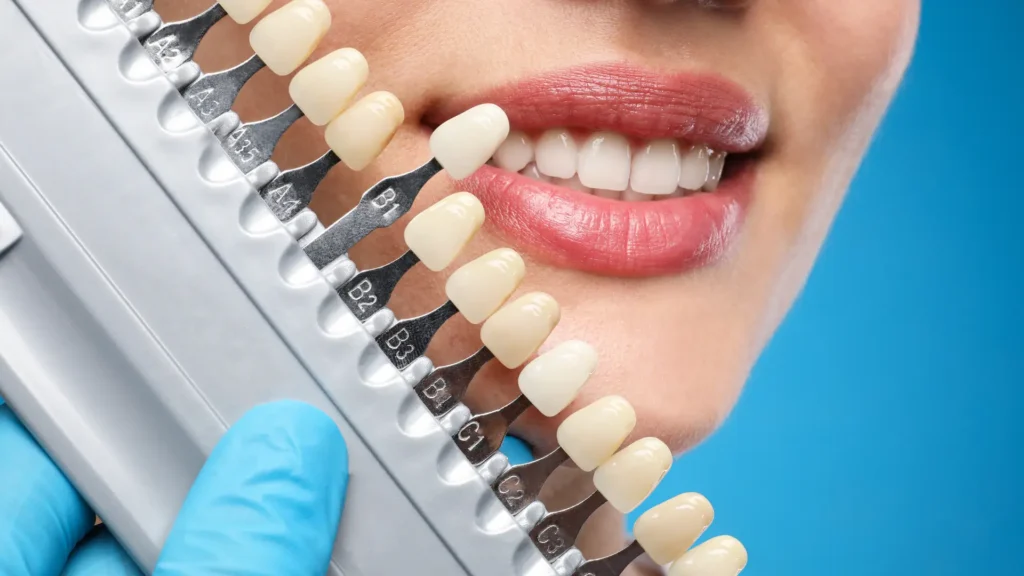Cosmetic dentistry has become increasingly popular as individuals seek to enhance their smiles for both aesthetic and functional reasons. However, within the context of Catholic teachings, questions may arise about whether such procedures align with or contradict the faith’s values, particularly concerning vanity. This article explores the Catholic perspective on cosmetic dentistry, examining the concepts of vanity, body stewardship, and the intentions behind personal enhancements.
Understanding Vanity in Catholic Teaching
Vanity, in Catholic moral theology, is generally understood as an excessive love of one’s own appearance, abilities, or achievements. The Catechism of the Catholic Church (CCC) addresses vanity as part of the broader category of pride, which is considered one of the seven deadly sins when it leads to an undue focus on oneself at the expense of humility and altruism.
CCC 2540 states:
“Pride is the excessive love of one’s own excellence. The defining trait of pride is a desire to be more important or attractive than others, failing to acknowledge the worth given by God.”
From this perspective, actions motivated solely by a desire to appear more attractive can border on vanity, especially if they lead to neglecting more virtuous qualities or responsibilities.
Stewardship of the Body
Conversely, the Catholic Church emphasizes the concept of body stewardship, which is the responsible management and care of one’s body as a temple of the Holy Spirit. 1 Corinthians 6:19-20 underscores this idea:
“Do you not know that your bodies are temples of the Holy Spirit, who is in you, whom you have received from God? You are not your own; you were bought at a price. Therefore honor God with your bodies.”
Cosmetic dentistry, when pursued for legitimate health reasons—such as correcting dental issues that affect one’s ability to eat, speak, or maintain oral health—can be seen as responsible stewardship. Enhancing one’s smile for greater self-confidence and social interaction may also contribute positively to personal well-being and relational harmony.
Intentions Behind Cosmetic Dentistry
The Catholic Church places significant importance on intentions. Actions are morally evaluated not just by their outcomes but by the reasons and motivations behind them. If cosmetic dentistry is sought with the intention of fostering genuine self-esteem, improving social interactions, or maintaining dental health, it aligns more closely with virtuous behavior.
However, if the primary motivation is to attract undue attention, mask personal insecurities excessively, or adhere to superficial societal standards at the expense of inner virtues, it may verge on vanity. The key lies in discerning whether the procedure serves a meaningful, constructive purpose or merely caters to fleeting external appearances.
Balancing Beauty and Humility
The Catholic tradition appreciates beauty as a reflection of God’s creation. St. Augustine and other theologians have long emphasized that beauty, when appreciated rightly, can lead one closer to God by recognizing His handiwork in the world. Enhancing one’s natural beauty through cosmetic dentistry can be seen as participating in this appreciation, provided it does not overshadow deeper spiritual and moral commitments.
Humility, another cornerstone of Catholic virtue, involves recognizing one’s strengths and weaknesses without arrogance or self-deprecation. When cosmetic procedures are undertaken with a humble acknowledgment of human imperfections and a desire to improve one’s quality of life, they can coexist harmoniously with Catholic teachings.
Conclusion
Cosmetic dentistry, in itself, is not inherently vain according to Catholic principles. Its moral standing depends largely on the intentions behind seeking such procedures and the context in which they are pursued. When aimed at improving health, functionality, and genuine self-confidence, cosmetic dentistry aligns with the Church’s emphasis on body stewardship and the respectful appreciation of beauty.
However, if the pursuit of cosmetic enhancements stems from excessive pride or a desire to conform to superficial standards at the expense of inner virtues, it may be considered vain. Catholics contemplating cosmetic dentistry are encouraged to reflect on their motivations, seek guidance through prayer and counsel, and ensure that their actions honor the dignity of their bodies as temples of the Holy Spirit.
In summary, cosmetic dentistry can be compatible with Catholic values when approached with humility, responsibility, and the right intentions, fostering both personal well-being and the honoring of one’s God-given self.




